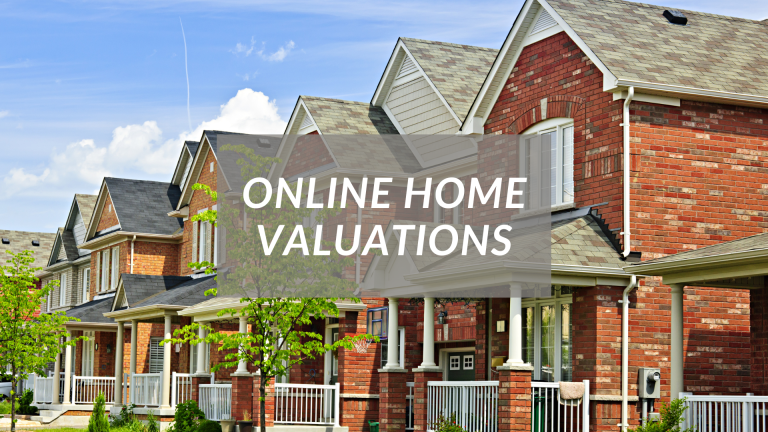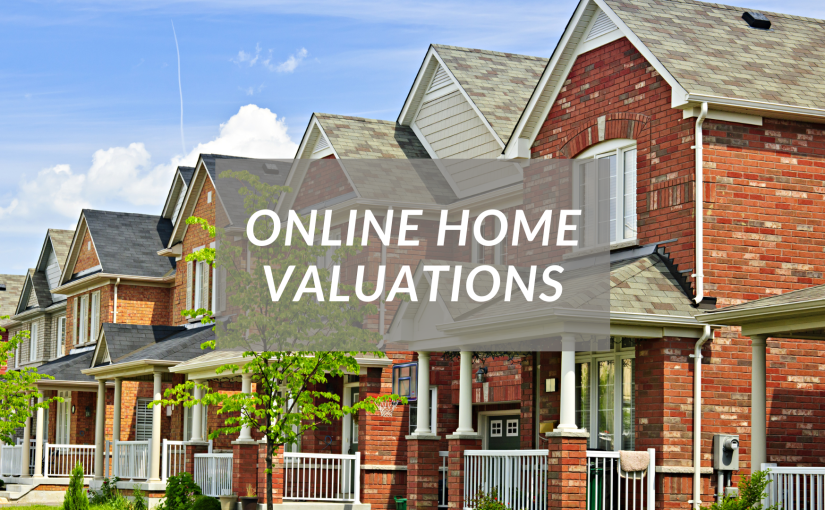

In today’s digital world, homeowners often turn to free online tools to estimate their property’s value. While these tools can provide a general ballpark figure, they come with significant limitations. For potential sellers and buyers, relying solely on these estimates can lead to misunderstandings about a home’s true worth.
Here’s a deeper dive into what free online home valuation tools may miss, and why seeking expert advice from a REALTOR® is crucial for accurate assessments.
1. Condition Verification: Beyond Data Points
One of the most significant limitations of free online tools is their inability to physically assess the condition of a property. Tools like Zillow’s Zestimate or Redfin’s estimate rely on algorithms that pull from public data, but they can’t walk through your home. They cannot account for whether your home has undergone significant upgrades or suffered damage. Factors such as the quality of your kitchen remodel, the condition of your roof, or a recent bathroom renovation are all missed by these algorithms, yet they can dramatically impact a property’s value.
Moreover, free tools also fail to factor in potential issues that might negatively affect the home’s worth, such as nearby construction, proximity to noisy facilities, or environmental factors like flood risks. These are elements only a physical inspection or an experienced REALTOR® would consider.
2. Unique Property Features: What Makes Your Home Stand Out
Free online valuations often overlook unique property factors that make your home distinct. Whether it’s a scenic view, proximity to a popular park, or being in an exceptional school district, these nuances often aren’t captured. These details can significantly boost the value of a property, and free online estimations may not have the granularity to take these factors into account.
For example, if your home is located near a highly rated school district or in a rapidly developing neighborhood, its value could be higher than the estimate provided online. Conversely, if a property’s neighborhood has seen a decline or faces new developments that might deter buyers, these tools won’t reflect that either.
3. Outdated Assessments: Lagging Behind the Times
Public records and historical data form the backbone of many free home valuation tools. However, public records aren’t always updated frequently enough to reflect a property’s true value. In some cases, the last assessment of your property may have been conducted several years ago, and significant market or property changes since then would not be reflected.
In rapidly appreciating or declining markets, a property’s value can fluctuate significantly within just a few months. Free tools may not reflect this volatility, leaving you with an outdated or inaccurate estimate.
4. Comparing Apples to Oranges: Comparable Property Misunderstandings
Online tools often calculate estimates based on “comparables” — similar properties in your area that have recently sold. While this seems logical, these comparisons can be misleading. The algorithm might pull data from homes with vastly different characteristics, such as lot size, view, or home condition.
For instance, your home might be compared to a nearby property with fewer upgrades or an inferior layout. Alternatively, the valuation tool could include sales that occurred under unique circumstances, such as foreclosures or distressed sales, which typically don’t reflect market-rate transactions. Without an experienced REALTOR®’s ability to assess what truly qualifies as a “comparable,” the estimated value of your home could be skewed.
5. Market Trends: Failing to Capture Rapid Changes
Housing markets can swing quickly, influenced by interest rates, local job growth, or broader economic trends. Free valuation tools often rely on lagging data and may not capture the latest market trends. As a result, the valuation might not accurately reflect a property’s value based on current conditions.
In fast-moving markets, this can lead to valuations being significantly higher or lower than what a buyer would realistically pay. A seasoned REALTOR® stays updated on real-time market shifts, ensuring that your property is priced accurately to reflect current demand.
6. Lack of Expertise: More Than Just Numbers
Free home value tools, despite their ease of use, lack the critical human insight necessary to provide a holistic view of a property’s worth. An experienced REALTOR® brings local knowledge, years of expertise, and the ability to account for the finer details that influence value, which online tools simply can’t match.
A REALTOR® considers more than just public records—they look at everything from market conditions to neighborhood dynamics, and they factor in your personal circumstances and needs. While free tools offer a starting point, nothing replaces the insight of a real estate professional when determining your property’s true market value.
The Bottom Line: Expertise Matters
While free online valuation tools can offer a rough estimate, they often miss crucial factors that affect your home’s worth. Condition, unique features, market trends, and accurate comparables are just a few of the elements these tools struggle to accurately assess. If you’re serious about selling or understanding the value of your home, it’s essential to consult with an experienced REALTOR®. They bring expertise, local market insight, and the ability to fine-tune a home’s value beyond what an algorithm can offer.
By choosing professional valuation, you’ll have a more accurate and reliable understanding of your property’s worth, which is critical in making informed real estate decisions.




